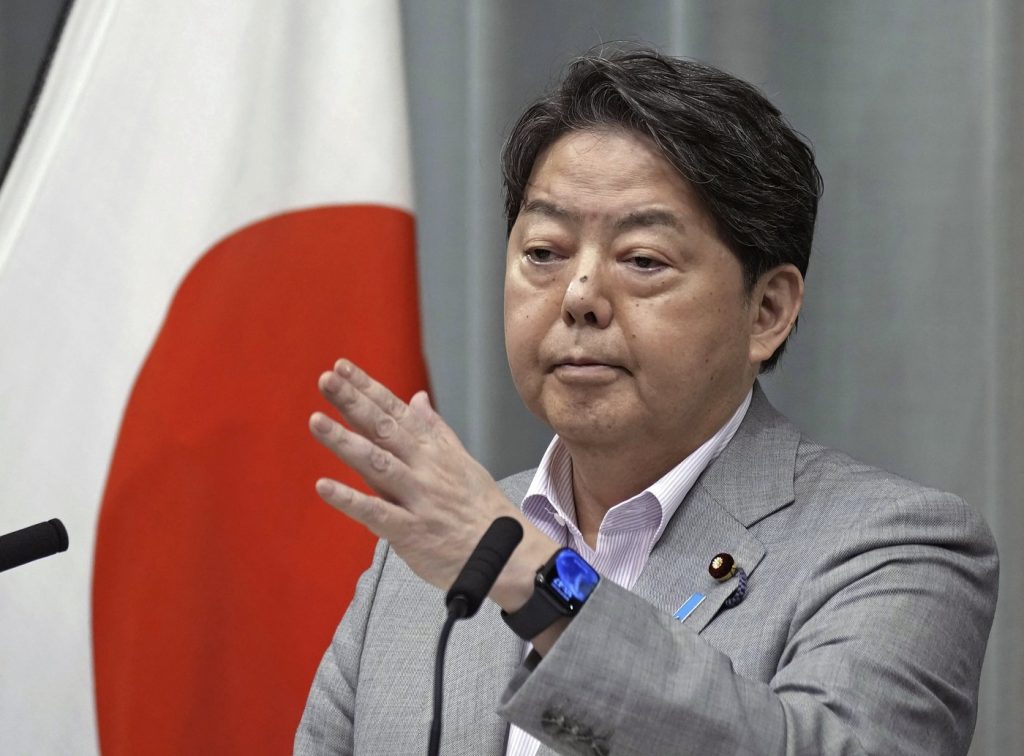TOKYO (AP) - Japan's government announced on Wednesday that it has formally requested the United States to exempt it from the recent increase in steel and aluminum tariffs, which have been raised to 25%. This request represents a significant shift from the previous arrangement where Japan was allowed duty-free quotas for its exports.
This diplomatic move was communicated through Japan's embassy in Washington following a directive from U.S. President Donald Trump, who decided to eliminate the exceptions and exemptions that were provided under his 2018 tariff policies. The tariffs on steel imports have been firmly established at a minimum of 25%, while the aluminum tariffs have been increased from 10% to 25%.
Chief Cabinet Secretary Yoshimasa Hayashi addressed reporters, emphasizing that Japan will thoroughly analyze the specifics of the newly implemented measures and their potential impact on the Japanese economy. He indicated that Japan intends to advocate for an exemption in the upcoming weeks prior to the effective date of these tariffs.
These punitive measures reflect Trump's broader strategy to recalibrate global trade dynamics, based on the belief that raising taxes on foreign-made products will bolster domestic manufacturing in the U.S.
Under the previous administration of President Joe Biden, Japan had been granted an annual duty-free quota allowing for the export of up to 1.25 million tons of steel to the United States. In 2024, Japanese exports to the U.S. reached 1.18 million tons of steel, according to figures reported by the American Iron and Steel Institute.
In financial terms, Japanese steel exports to the U.S. amounted to 302.7 billion yen, which is roughly equivalent to $2 billion. This figure accounts for 1.4% of Japan's total exports to the United States. The export volume of aluminum, however, remains significantly lower, as indicated by government data.
This latest request for tariff exemption underscores Japan's ongoing efforts to mitigate the adverse effects of U.S. trade policies on its economy, particularly in the steel and aluminum sectors, which are vital components of its manufacturing infrastructure.
Mari Yamaguchi, The Associated Press










